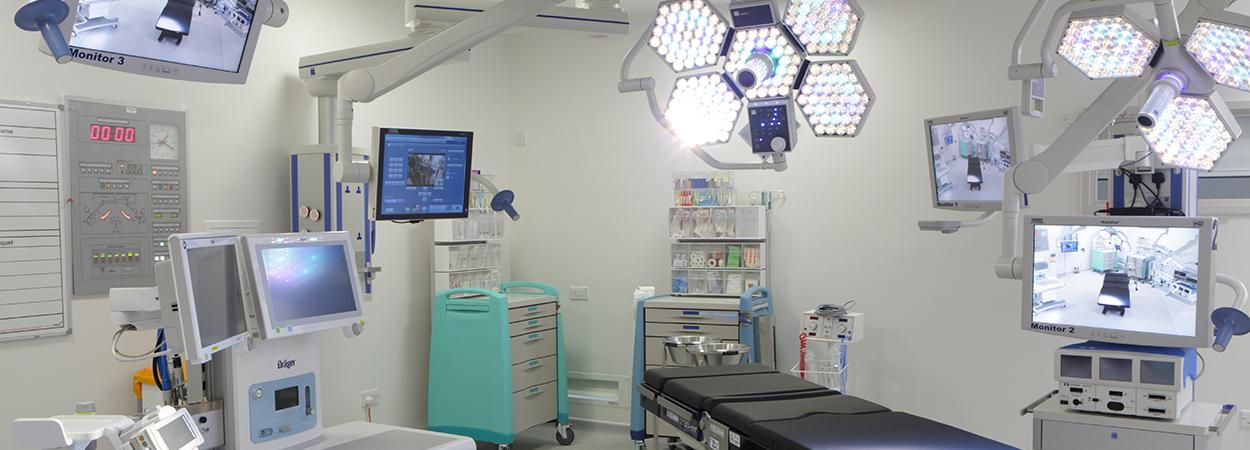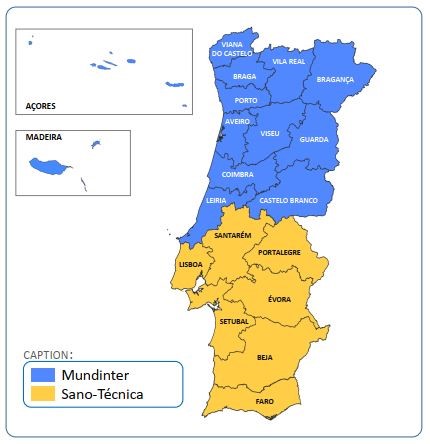20-05-2021
AdC sanctions medical devices company for restricting distributors sales

Press release 07/2021
AdC sanctions medical devices company for restricting distributors sales
The AdC's decision
The AdC sanctioned Natus Medical Incorporated (Natus) for restricting competition in the distribution of essential medical devices in the Portuguese market.
The investigation, opened by the AdC in June 2020 following a complaint, revealed that Natus limited sales outside the geographic areas assigned to distributors and also defined the portfolio of products that could be sold by distributors to specific customers, from September 2018 until at least December 31, 2020.
Natus supplies the Portuguese market with medical devices for detection, tracking and treatment of common medical conditions in neonatal care, hearing impairment, neurological dysfunction, epilepsy, sleep, balance and mobility disorders.
The US-based company sells medical devices for electroencephalography, polysomnography, intraoperative monitoring, portable dopplers and others, to national distributors, who in turn resell them to retail companies, clinics, and hospitals.
The AdC’s investigation established the existence of a vertical agreement involving the supplier Natus and its two national distributors, Mundinter and Sano-Técnica. Such an agreement provided for market sharing and a ban on passive sales, with potential impact on the determination of prices and other commercial conditions to be practiced by distributors, thereby creating artificial conditions for market activity.
Specifically, Natus determined that Mundinter's commercial activity would be limited to the regions north of Lisbon and the autonomous regions of Madeira and the Azores, and that Sano-Técnica's would be limited to the regions south of Lisbon (including the latter).
Competition Law expressly prohibits the limitation and control of distribution and the sharing of markets. Such behaviour is anticompetitive and reduced competition between distributors, as well as freedom of choice of customers and consumers, preventing them from benefiting from any price differentiation between regions.
The infringement of competition rules not only reduces consumer welfare, but also damages the competitiveness of companies, therefore harming the economy as a whole.
The settlement procedure
The company benefited from a fine reduction for having admitted the practice, collaborated with the AdC and renounced from litigating in court by agreeing to the settlement procedure.
The fine imposed on the company, €100,000, has since been paid.
Restriction of passive sales: what is it about?

Competition law distinguishes between actively promoting sales outside a distributor's allocated territory (active sales) and merely responding to a spontaneous request for supply from a customer located outside that territory, referred to as passive sales.
In the context of a distribution agreement, while the restriction of active sales by the distributor may be admissible in certain circumstances, for instance as a means for the supplier to ensure the investment of its distributors in the territories exclusively allocated to them within an exclusive distribution network, preventing a distributor from making passive sales outside its territory makes it impossible for consumers becoming aware of differences in price or other commercial conditions (delivery time, payment conditions, etc.) between distributors, are able to choose the distributor offering the best conditions, even if that distributor is located in a neighbouring territory, which leads to rigidity and artificial functioning of the market. The prohibition of passive sales by a supplier thus constitutes a hard-core restriction of competition.
 May 21, 2021
May 21, 2021


